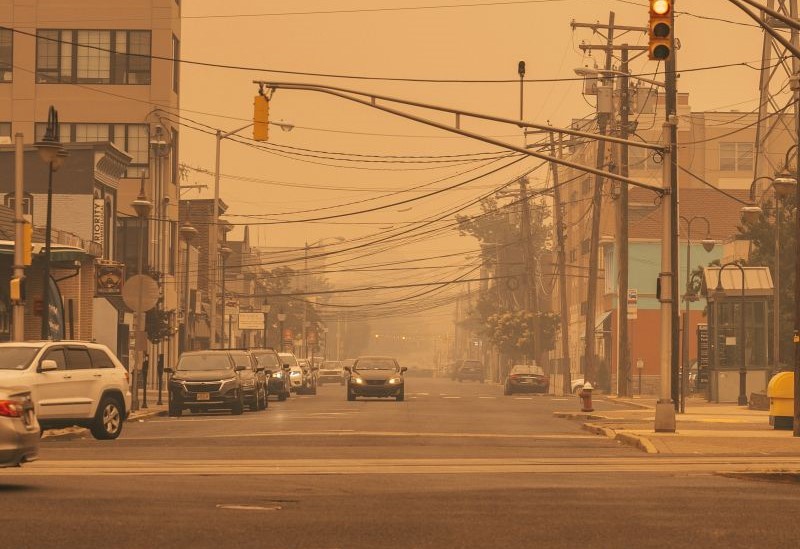Air Quality Alert: What the Latest State of the Air Report Means for Your Health
Will Loiseau
4/23/20252 min read


The American Lung Association just released their 26th annual State of the Air Report, and the findings deserve our attention as health-conscious individuals:
Nearly HALF of Americans live in areas with poor air quality.
Major cities like Los Angeles, Bakersfield, and Phoenix top the pollution charts.
Ozone air pollution is making breathing difficult for more people living in the U.S. than any other single pollutant.
Here are some of the most significant health impacts of breathing polluted air:
Respiratory Problems: Poor air quality can directly irritate the respiratory system, leading to asthma attacks, chronic obstructive pulmonary disease (COPD), bronchitis, and other respiratory disorders. Even healthy individuals can experience short-term respiratory symptoms when exposed to polluted air.
Cardiovascular Diseases: Long-term exposure to air pollution has been linked to an increased risk of cardiovascular diseases, including heart attacks, strokes, and high blood pressure. Pollutants can enter the bloodstream and affect the heart and blood vessels.
Cancer: Certain air pollutants, such as benzene and formaldehyde, are known carcinogens, increasing the risk of developing lung cancer and other types of cancer.
Neurological Effects: Recent research suggests that air pollution can have detrimental effects on the central nervous system, potentially leading to cognitive decline and neurodevelopmental disorders.
Compromised Immune System: Prolonged exposure to air pollution can weaken the immune system, making individuals more susceptible to infections and diseases.
Pregnancy and Child Health: Pregnant women exposed to polluted air may face complications like preterm birth and low birth weight. Children exposed to air pollution are at a higher risk of respiratory problems and developmental issues.
Mental Health: Emerging evidence indicates a link between air pollution and mental health problems, including depression and anxiety. Poor air quality can increase stress and negatively impact overall well-being.
Clean air is a fundamental pillar of wellness that often goes overlooked. While we may meticulously track our nutrition, exercise, and sleep, how many of us monitor the quality of the 20,000 breaths we take each day?
Some practical steps I recommend to protect yourself from air pollution:
Check daily air quality indexes in your area.
Consider HEPA (high-efficiency particulate air) air purifiers for your home.
Fill gas tanks in the morning rather than afternoon (when sunlight creates more ozone).
Support environmental policies that protect clean air standards.
Start Your Transformative Journey Today
© 2026 True Iron Will LLC. All Rights Reserved .
Mailing Address:
1317 Edgewater Drive #1297
Orlando, FL 32804
TrueIronWill1@gmail.com
